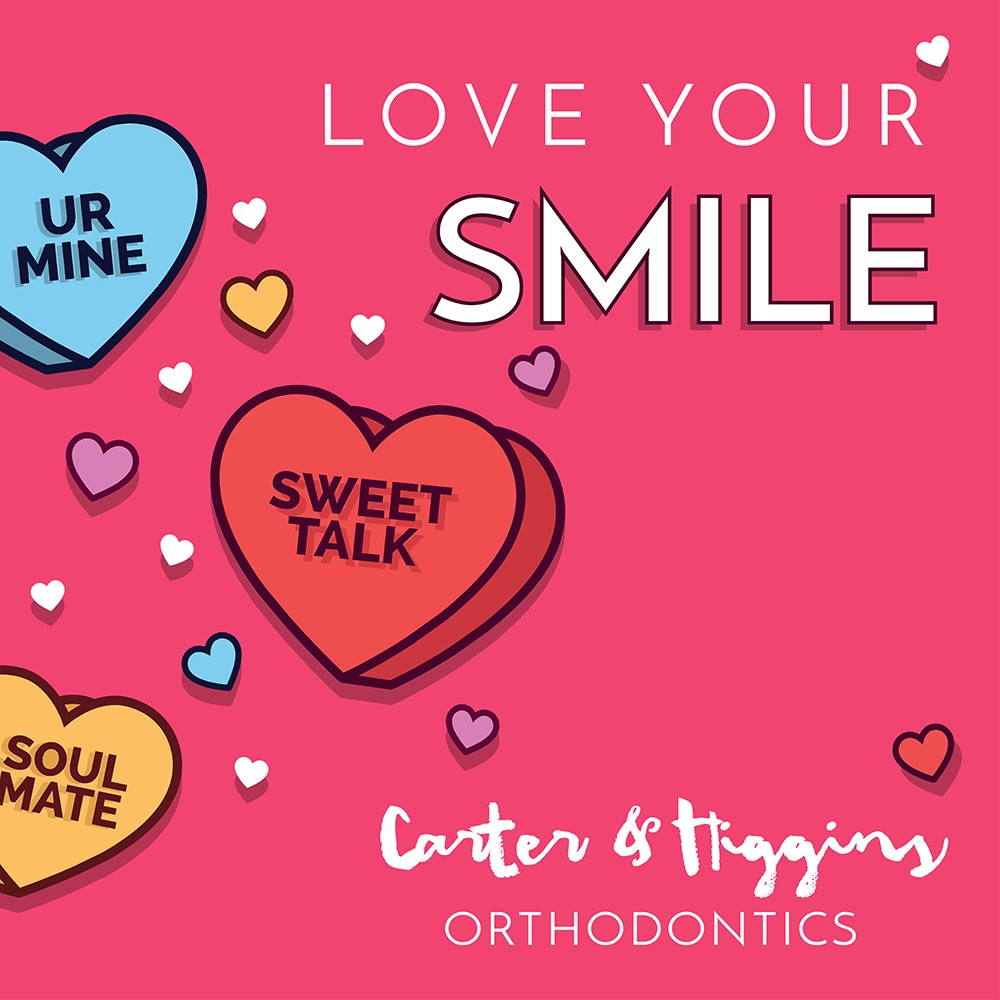Chances are, you or someone you love has suffered from ulcers in their mouth at some point. For some, they are few and far between, for others, they are large, painful, and last weeks until the next one begins to develop. I have had a lot of questions about these lately from friends and family, so I thought I should put my thoughts out there for the public.
- What causes mouth ulcers?
- There can be many causes, and it is sometimes difficult to figure out the root of the problem for a patient. For some, it has an autoimmune component, for others, it may be the type of toothpaste they are using.
- Are they contagious?
- No. Unlike cold sores (typically present on or around the lips/nose- begin as blisters then burst and are painful, ulcerated areas), mouth ulcers (also known as canker sores or aphthous ulcers) are painful ulcers from the beginning, and can occur on the inside of your cheeks, lips, tongue, and even throat.
- What can I do about them?
- I always tell patients to start by changing their toothpaste. I also have them eliminate gum (cinnamon in particular), and mouth rinses. For toothpaste, you want to be sure you are still using one with fluoride, but few other ingredients (particulary SLS). My patients have had good luck with Toms of Maine w/ fluoride and Biotene.
- ALWAYS see your dentist or physician if you have any sort of sore in your mouth (or if you notice anything that looks out of the ordinary), that doesn’t go away within 1-2 weeks. We screen for head and neck cancer routinely, but it’s always good to do self checks. Your dentist may also identify something like a sharp part of your tooth that could be making your symptoms worse.
- Your dentist can do several different types of treatment. In office laser treatments often offer quick relief and faster healing times. For managing the discomfort and expediting healing, they may opt to call in a “Magic Mouthwash” prescription.
- Can I get braces if I get mouth sores frequently?
- You can still get orthodontic treatment. First, we will try to minimize the occurrence by making some of the changes discussed above. If you are still getting frequent sores, we will look at a great option like Invisalign that has smoother areas and is less likely to irritate any mouth sores.
I hope this helps! Never hesitate to reach out to me or your dentist/physician to help find a remedy. I hate to see people have to suffer with these, they are incredibly painful and can really interfere with your everyday activities like eating and talking.
-Dr. Emily







